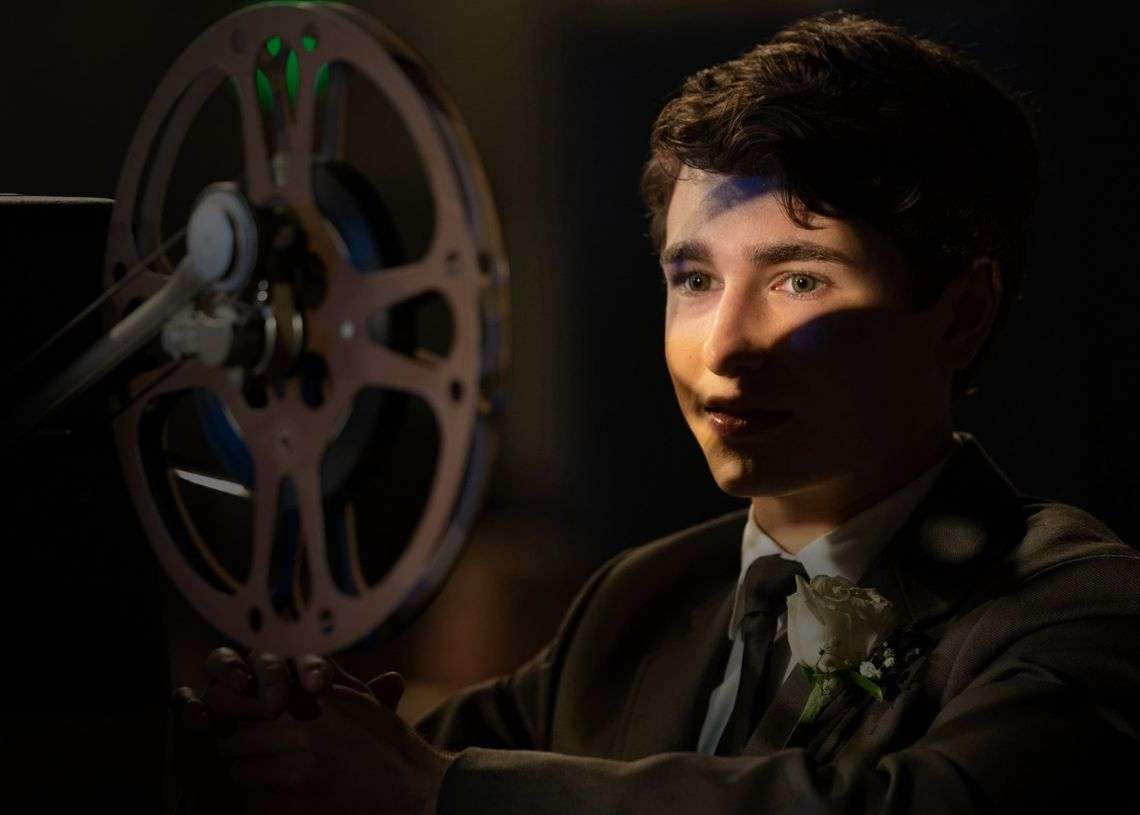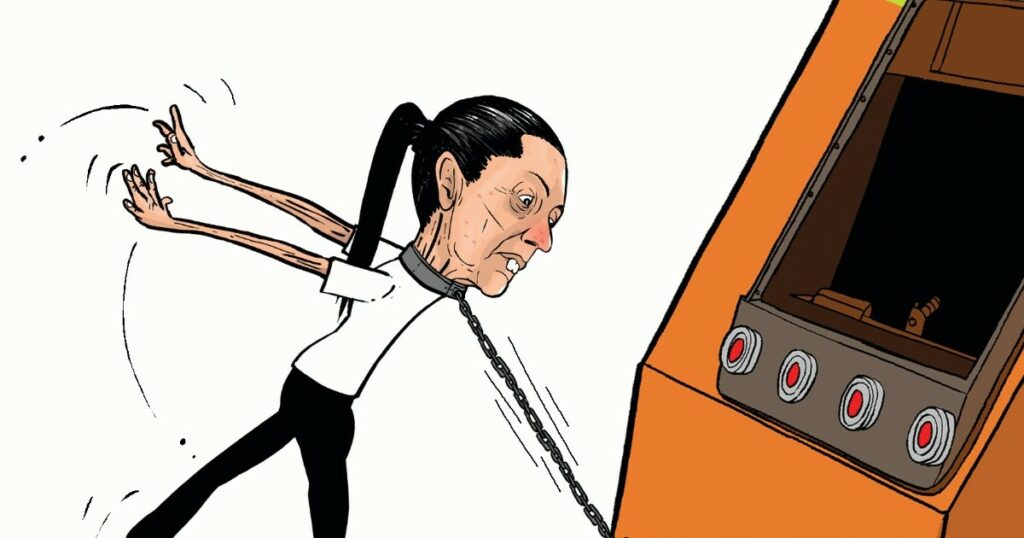By Ignacio Lasierra Pinto, Saint George University
Steven Spielberg’s latest film, The Fabelmans (2022), semi-autobiographically explores how a young man from Arizona discovers his fascination for the seventh art.
From the end of the 19th century to the present day, there are not a few autobiographical films that have been shot. And many directors have wanted to express how the big screen has changed their lives. Throughout history there are numerous examples, especially in documentary format.
At this moment, the subgenre is experiencing a sweet moment in various fiction feature films. With The Fabelmansthe Ohio filmmaker thus joins a long list of authors who have not resisted the temptation to tell us what role cinema plays in their lives.
Film cameras and film sets
The set is the usual work space for any film director. The lights, the spotlights, the clapperboards and, above all, the cameras are part of the daily life of those who are in charge of a film. The filmmakers’ interest in portraying this environment can be studied throughout history.
Good examples of this are movies like the cameraman (Edward Sedgwick, Buster Keaton, USA, 1928) or The man with the camera (Dziga Vertov, 1929).
Both films focus on that strange relationship that exists between the camera and the person who films through it. Despite the fact that their purposes are different, both Keaton and Vertov seem to want to testify to how cinema, at the beginning of the 20th century, involved everything that surrounded them.
The second, moreover, is an exercise in film style that continues to earn the admiration of today’s viewers to this day. It is no coincidence that it is the only silent film to appear among the ten best films in the history of cinema in the recent list posted by sight and sound.
Other directors have chosen to show us the influence that the seventh art has had on others. In 1979, the Polish filmmaker Krzysztof Kieślowski premiered the amateur, in which a worker buys a camera to record his newborn daughter but ends up discovering the power of cinema as a tool for change. Any fan can transform and shape life at will with a simple camera.
That same year, Iván Zulueta from San Sebastian gave birth to Rapture, an unclassifiable film in which a B-movie director becomes obsessed with a red frame. Zulueta, a cult and “cursed” filmmaker, offers here an excellent reflection on the vampirizing power that cinema exercises over its own creators.
Perhaps the best-known fictional feature film on a film set is the american night (François Truffaut, 1973). The Frenchman, whose life is almost impossible to separate from his own films, used his experience to nurture his own homage to the seventh art.
Two decades later, Tom DiCillo, following in Truffaut’s wake, was filming live rolling (1995), a comedy that narrates the misadventures of a film director in a most chaotic shoot. DiCillo found the inspiration for his second film in the difficulties he had experienced while shooting his debut feature, Johnny Suede (1991).
The creative process: dreams and obsessions
Other filmmakers have chosen to relate their relationship with the creative process. In 1963, Federico Fellini premiered Fellini, eight and a half (8½), a journey through the dreams and deepest obsessions of the Italian. A decade later he would also recreate part of his childhood in the magnificent Amarcord (1973).
Similarly, Bob Fosse exposed his obsessive work process in All That Jazz (1979), a musical drama loaded with autobiographical elements of the director and musical choreographer himself.
Authors like Woody Allen or Nanni Moretti have not missed the opportunity to transfer their cinematographic obsessions to us either. Allen has peppered a good part of his filmography with personal experiences. Examples of this are the Oscar-winning Annie Hall (1977) or the autobiographical radio days (1987).
Moretti, a great admirer of the New Yorker, filmed the stupendous my mother (2015) after losing her parent. The protagonist, an Italian film director, is forced to deal with the care of her sick mother and the problems derived from a complex shoot.
Both Allen and Moretti allow each viewer to wonder to what extent something actually happened or not.
The autobiography: a booming subgenre
Autobiographical stories are still a subgenre in full swing. In recent years we have witnessed a few premieres that delve into the lives of filmmakers.
recent movies like pain and glory (Pedro Almodovar, 2019), It was the hand of God (Paolo Sorrentino, 2021), Bergman’s Island (Mia Hansen-Løve, 2021) or Bardo, false chronicle of a few truths (Alejandro González Iñarritu, 2022) are just a few examples that highlight this rebound, where the director’s link with the seventh art becomes the epicenter of the film.
Spielberg also joins this film autobiography club. In The Fabelmans He has reserved a mythical encounter for us, filming one of his clearest memories. The moment when he, being just an aspiring filmmaker, met the legendary John Ford.
In fiction, the also filmmaker David Lynch gives life to the mythical director with an eyepatch. A delight for any movie lover who will be able to enjoy on the big screen what until now was only an anecdote told by Spielberg in an interview.
Perhaps that is the success of this type of film. There will always be a certain fascination for wanting to know more than the work of any artist. Who will be the next director to tell his life in a movie? We do not know. But surely each viewer already has his own wish list.
Ignacio Lasierra PintoProfessor of Audiovisual Communication, Saint George University
+This article was originally published on The Conversation. read the original.

















